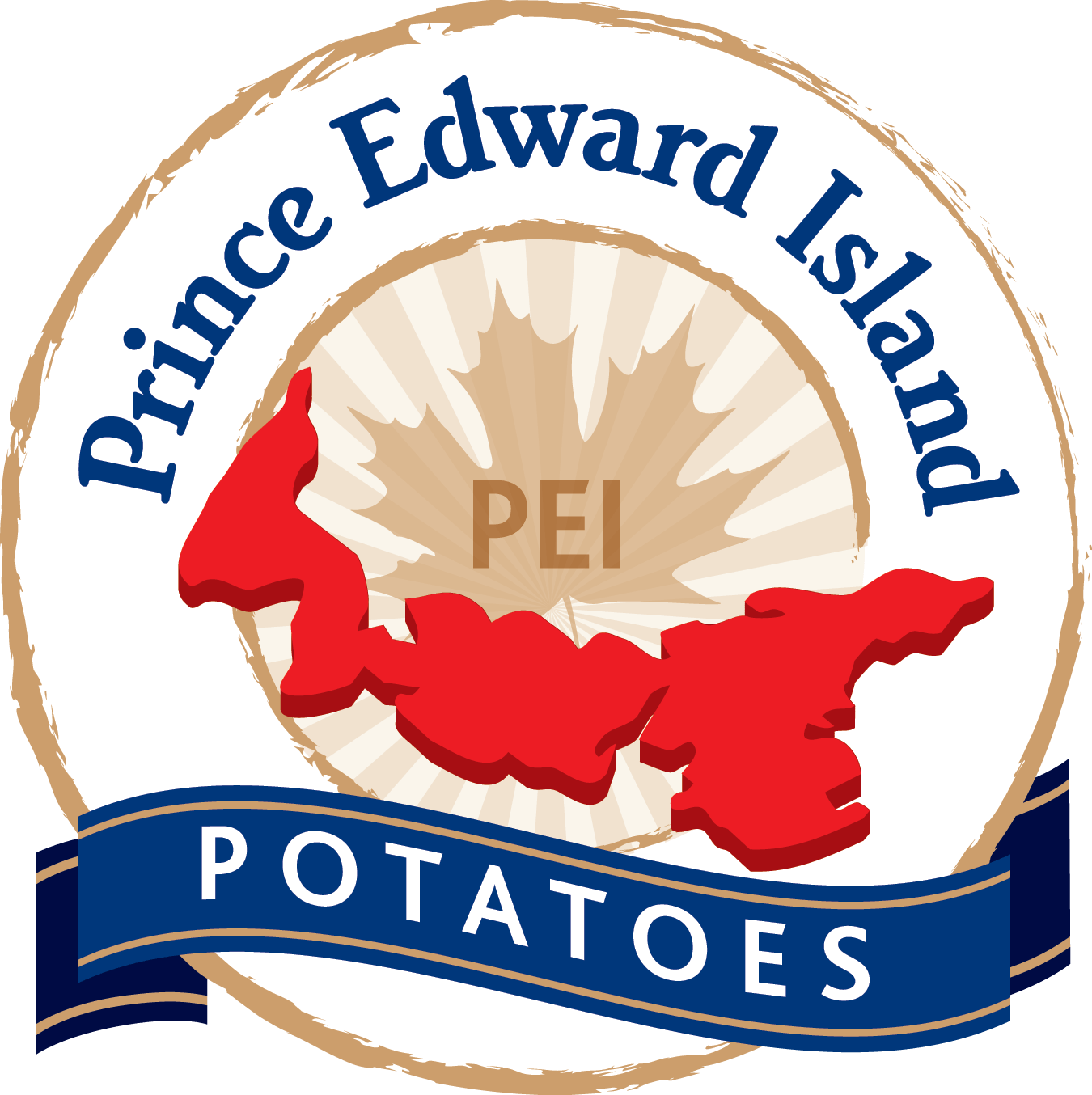The PEI Potato Board says it’s time for the public to move past the history and look at what today’s potato growers are doing to protect the environment. Gary Linkletter, Chairman of the PEI Potato Board, emphasizes that “potato farmers of today have learned a lot from past challenges and are making tangible changes in production practices in order to farm in a more environmentally sustainable fashion.”
Mr. Linkletter notes that PEI farmers have the highest level of Enhanced Environmental Farm Planning in Canada and also farm under the most stringent environmental legislation in Canada. He adds, “this means PEI potato growers meet and often exceed both voluntarily developed and regulated standards that are higher than any other farmers in the country.”
There’s visible difference due to the work being done. Through collaborative effort between potato growers and the PEI Department of Agriculture, construction of soil conservation structures has resulted in 1.1 million feet of terraces, 2.1 million feet of grassed waterways and 270,000 feet of farmable berms
Potato growers also use a wide range of other tools to improve environmental sustainability. The approaches include use of buffer zones and set aside of sensitive land, nutrient management, strip cropping, crop rotation and residue-tillage equipment, new and lower input potato varieties and integrated pest management. Another initiative, Farming 4R Island, partners with other industry players to foster Beneficial Management Practices that protect soil quality and reduce nitrate levels.
“Today’s grower is looking to be more efficient, more effective and be more environmental responsible. That’s why we’re interested in supplemental irrigation. The Department of the Environment has indicated that agricultural irrigation accounts for only 1% of total water usage. (see attached graphic).
Some preliminary studies performed as part of the Nitrate Pilot Project with the Kensington North Watershed Group in 2013 showed an 11.5% increase in income per acre with supplemental irrigation due to increased marketable yields, while another test from the same study showed a reduction in average residual nitrate levels by 31.4%. That’s very encouraging information for people interested in having a viable potato industry while trying to be even more environmentally responsible,” says Mr. Linkletter.
The Prince Edward Island Potato Board will continue to pursue changes to potato production practices that enhance both the environmental and economic sustainability of the potato industry.

